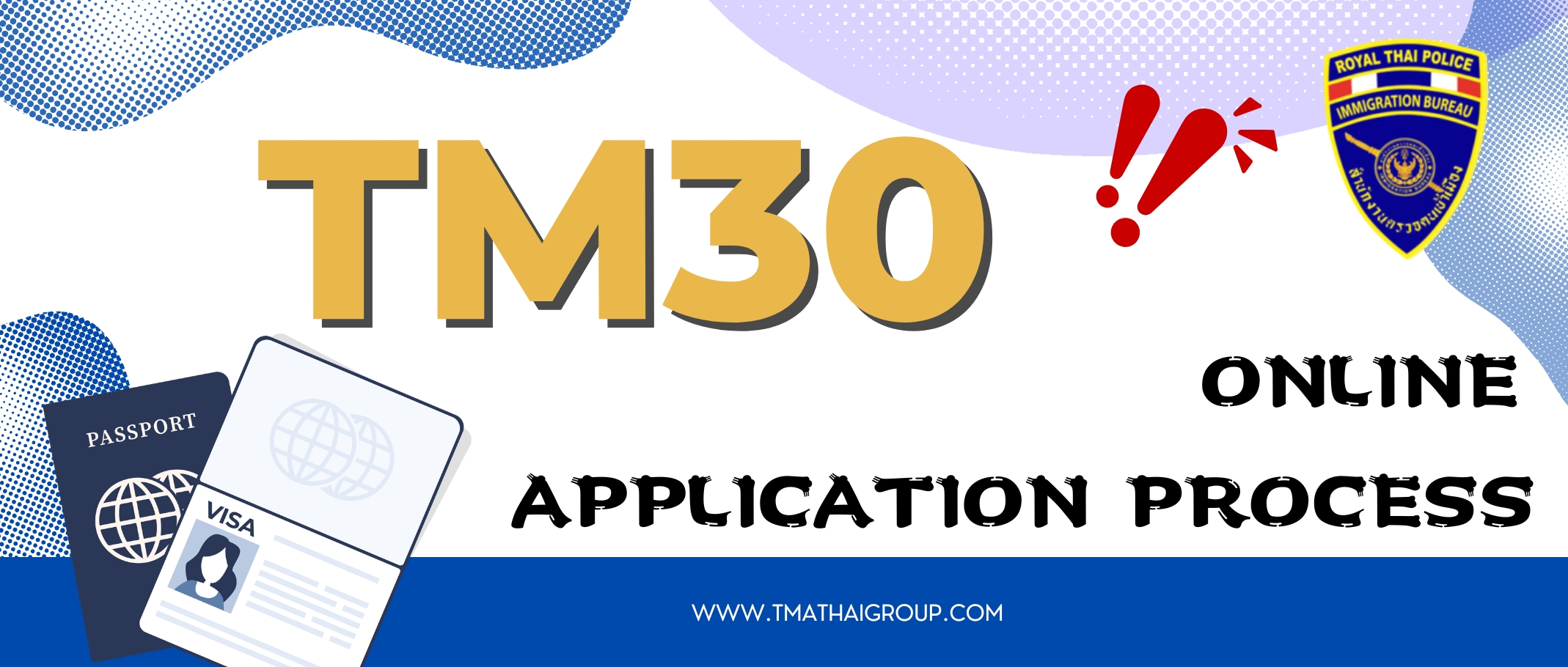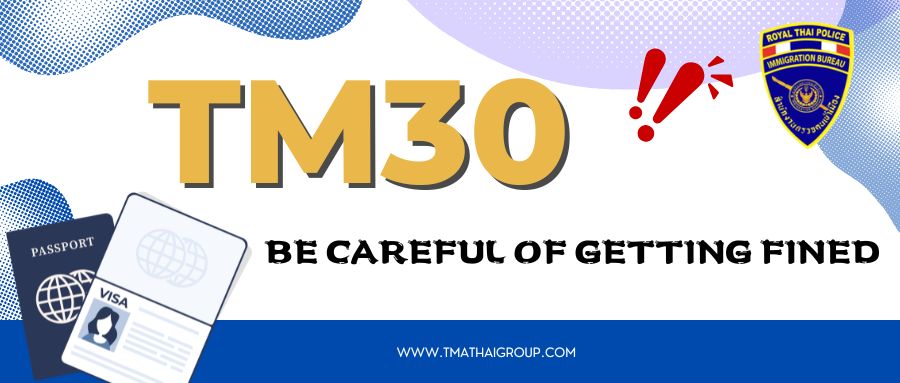Local Taxes in Thailand
About TMA Group
TMA Group is a professional company focusing on local recruitment and corporate consulting in Thailand, dedicated to providing one-stop services including recruitment, financial management, tax disposal, legal consulting, personnel management, etc. for enterprises and individuals. If you need more advice on investment in Thailand, please feel free to contact us.
Local Taxes in Thailand
In Thailand, local taxes are levied by local authorities (municipalities or provincial administrative organizations) and are separate from national taxes like VAT, corporate income tax, and excise taxes. Local taxes are primarily used to fund municipal services and infrastructure projects at the local level.
1. Property Tax
Property tax is one of the most important local taxes in Thailand, and it is imposed on real estate properties, such as residential homes, land, and commercial buildings.
a. Land and Building Tax (LBT)
The Land and Building Tax replaced the old House and Land Tax in 2020 and is now the primary tax on real estate property. It applies to both residential and non-residential properties.
Taxpayer: The owner of the land or building.
Taxable Base: The value of the land or building, determined by local authorities, usually based on its market value or assessed value.
Rates:
0.3% of the assessed value.
0.3% to 1.0% of the assessed value.
0.03% to 0.1% of the assessed value (depending on the property's value).
Residential properties:
Non-residential properties (commercial or industrial properties):
Vacant land (not developed or used for construction):
Exemptions:
Land or buildings used for agricultural purposes.
Property used by charitable organizations or for public welfare.
Small residential properties (with an assessed value below 50 million THB).
Filing: The property tax is filed annually. Property owners must submit a declaration form to the local authority by April 30th each year. Payments are due in two installments: one in May and one in November.
2. Local Development Tax
The Local Development Tax is a tax imposed on property owners for infrastructure and development projects in their local area. It is often tied to a specific development project (e.g., road expansion, water systems, or sewage systems).
Taxpayer: Property owners who benefit from local development projects.
Taxable Base: The amount of the tax is based on the type of development project and the property’s proximity to the development area.
Rates: Varies depending on the project and local authority regulations. The rate is set by the local administrative bodies.
3. Business Tax
Local authorities in Thailand may also levy business taxes on various commercial activities, including retail and service industries. These are designed to generate revenue for local governments to fund municipal services.
a. Local Business Tax
Taxpayer: Businesses operating within a specific municipality or district.
Taxable Base: The revenue or income generated by the business (different from corporate income tax, which is a national tax).
Rates:
Retail businesses: Typically, 0.1% to 0.5% of annual income.
Service businesses: Typically, 0.5% to 2% of annual income.
b. Amusement Tax
Certain entertainment activities and establishments such as theaters, nightclubs, and other amusement parks may be subject to an amusement tax.
Rate: Typically 10% of the ticket price or service fee for amusement services.
4. Advertising Tax
Local governments in Thailand charge an advertising tax for the placement of advertisements in public spaces. This tax applies to signs, billboards, and other forms of advertising in local areas.
Taxpayer: The owner of the advertisement or sign.
Taxable Base: The size or location of the advertisement.
Rates:
The tax rate is based on the size and type of the advertisement, often ranging from 500 THB to 20,000 THB per unit, depending on location (e.g., highway signs, street billboards).
5. Vehicle Tax
The Vehicle Tax is a local tax levied on owners of motor vehicles, including cars, trucks, motorcycles, and other types of vehicles. This tax is collected by local government authorities.
Taxpayer: Vehicle owners.
Taxable Base: The tax is based on the engine size and type of vehicle.
Rates:
Motorcycles: Between 20 THB to 150 THB annually, depending on engine size.
Passenger Cars: Between 100 THB to 1,000 THB annually, depending on engine size (e.g., small engine cars face a lower rate).
Trucks and Commercial Vehicles: Varies based on vehicle weight and type, ranging from 500 THB to several thousand THB per year.
Filing and Payment: Vehicle taxes are typically paid annually. Owners must file their tax return at the local tax office and pay the tax before the vehicle registration date.
6. Local Infrastructure Tax
Local authorities may impose taxes on properties or businesses that benefit from infrastructure improvements in their region, such as roads, bridges, or water supply systems.
Taxpayer: Property owners or businesses that benefit from these infrastructure improvements.
Taxable Base: The value of the infrastructure improvements or the property’s proximity to the improved area.
Rates: The rates are typically determined by local governments based on specific projects, and the tax is usually levied as a one-time payment or as an annual tax.
7. Local Tax Administration and Filing
Local taxes are usually administered by local municipalities (for cities or towns) or provincial administrative organizations (for provinces). Each region may have different tax rates and policies based on local government regulations.
Filing and Payment: Local tax filings and payments can generally be done in person at local tax offices, or some regions may offer online platforms for businesses and individuals to file and pay taxes.
Due Dates: The due dates for local taxes depend on the type of tax. For example, property taxes are usually due twice a year, and vehicle taxes must be paid by the vehicle registration deadline.
8. Penalties for Non-Compliance
Failure to pay local taxes on time can result in penalties, including:
Late fees: A percentage of the unpaid tax amount.
Interest: Interest on overdue amounts may be charged.
Fines: Additional fines may be imposed for repeated or serious non-compliance.
Conclusion
Local taxes in Thailand serve to fund services and infrastructure at the municipal and provincial levels. Key local taxes include property taxes (land and building tax), business taxes, vehicle taxes, and advertising taxes. The rates vary depending on the location, type of property, or business, and are generally managed by local authorities. To ensure compliance and avoid penalties, it’s important for businesses and property owners to understand the local tax obligations specific to their area.
TMA Consulting Management has been paying attention to the updating of information through newsletters for many years, but we do not assume any responsibility for the completeness, correctness or quality of the information provided. No information contained in this article can replace the personal consultation provided by a qualified lawyer. Therefore, we do not assume any liability for damages caused by the use or non-use of any information in this article (including any kind of incomplete or incorrect information that may exist), unless it is caused intentionally or by gross negligence.














